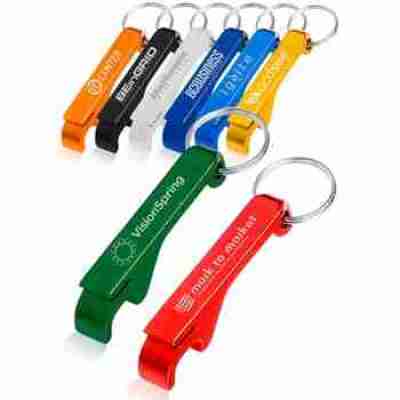Meta refers to information that describes other information. In the context of the internet, "meta" often refers to "meta tags" or "meta elements" which are HTML tags used to provide metadata about a web page. These tags are used by search engines to understand the content of a page and to display information about the page in search results.
Some common meta tags include:
Meta title: The title of the page, which is displayed in the browser's title bar and as the headline for the page in search results.
Meta description: A brief summary of the page's content, which is displayed in the search results below the page's title.
Meta keywords: A list of keywords relevant to the page's content, which are used by some search engines to determine the relevance of the page to certain search queries.
Meta robots: A tag that tells search engines whether they should index the page, follow the links on the page, or both.
Open Graph tags: A set of meta tags that provide information about a page, such as its title, description, and image, to social media platforms when the page is shared.
It's important to note that while meta tags were once used as a way to influence search engine rankings, the importance of meta tags in SEO has decreased over time. However, it's still important to include appropriate meta tags to improve the click-through rate of your page in search results, and for social media platforms.
Like
Comment
Share





